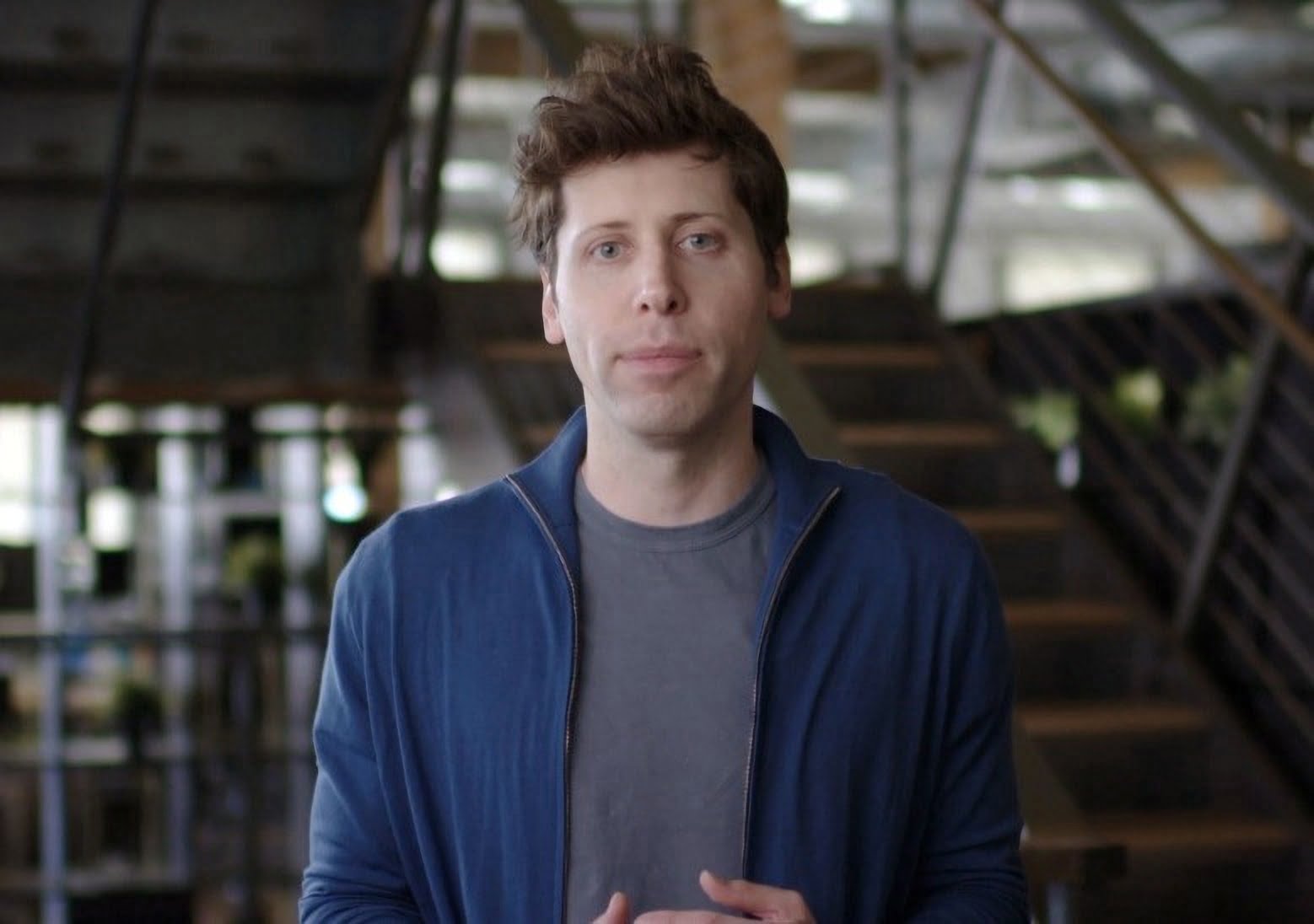More OpenAI advances to make ChatGPT seem like a "boring toy"

Key Points
- Sam Altman is co-founder of OpenAI. His company is committed to the gradual deployment of AI in society and its adaptation based on reactions.
- As it moves toward its grand goal of general AI, OpenAI intends to continue on that path, even as Altman anticipates significant technical problems - but also major advances that "will make ChatGPT look like a boring toy."
- OpenAI aims to make mistakes while the "stakes are low," Altman says.
For OpenAI, ChatGPT is just an intermediate step on the way to its big goal: general AI. OpenAI co-founder Sam Altman sets the strategic course.
In early 2019, OpenAI unveiled GPT-2, the largest language model at the time. With this, the start-up gained international attention, also because it insisted on its responsibility: OpenAI decided to release the model only gradually to prevent a possible fake news glut. It was "too dangerous" to make the most powerful GPT-2 model directly available as open source, it said at the time.
OpenAI wants to keep testing AI in the wild
Instead, OpenAI released the GPT-2 models successively, apparently because the feared negative consequences did not occur and the competition brought similarly powerful models to market anyway.
OpenAI has remained true to this gradual release strategy for GPT-3 and DALL-E 2 - and will continue to do so in the future, according to OpenAI co-founder Sam Altman.
"It's impossible to get this [AI in practice] right with no contact with reality," Altman wrote on Twitter. He said his company learned a lot from the ChatGPT release. The model would quickly become much better, less annoying and more useful.
AI progress will make ChatGPT seem like a "boring toy"
The big goal of ChatGPT is AGI, i.e. an artificial general intelligence that can flexibly solve many tasks quickly and efficiently, at least on a human level, but more likely far above.
On the road to AGI, Altman predicts "scary moments" and "significant disruptions." But the benefits from AI could be so "amazing" that they would be worth overcoming those challenges. They would make ChatGPT "look like a boring toy," Altman writes.
Altman also predicts "significant problems" in deploying OpenAI technologies. He doesn't get specific, but he is likely referring to well-known issues with large AI models such as misinformation and bias. Altman only recently warned against using ChatGPT for important tasks.
OpenAI would try to anticipate problems as good as possible, but may not always succeed, Altman said. "We will run a very tight feedback loop for improvement, and try to make our mistakes while the stakes are low," Altman wrote.
OpenAI is said to be currently looking for additional investors with the expectation of significant revenue growth by 2024. In addition to OpenAI, Microsoft could benefit as a key business partner. Microsoft CTO Scott Stein recently promised 2023 would be the most exciting AI year yet - GPT-4 is rumored to be released in the spring of 2023.
AI News Without the Hype – Curated by Humans
As a THE DECODER subscriber, you get ad-free reading, our weekly AI newsletter, the exclusive "AI Radar" Frontier Report 6× per year, access to comments, and our complete archive.
Subscribe now